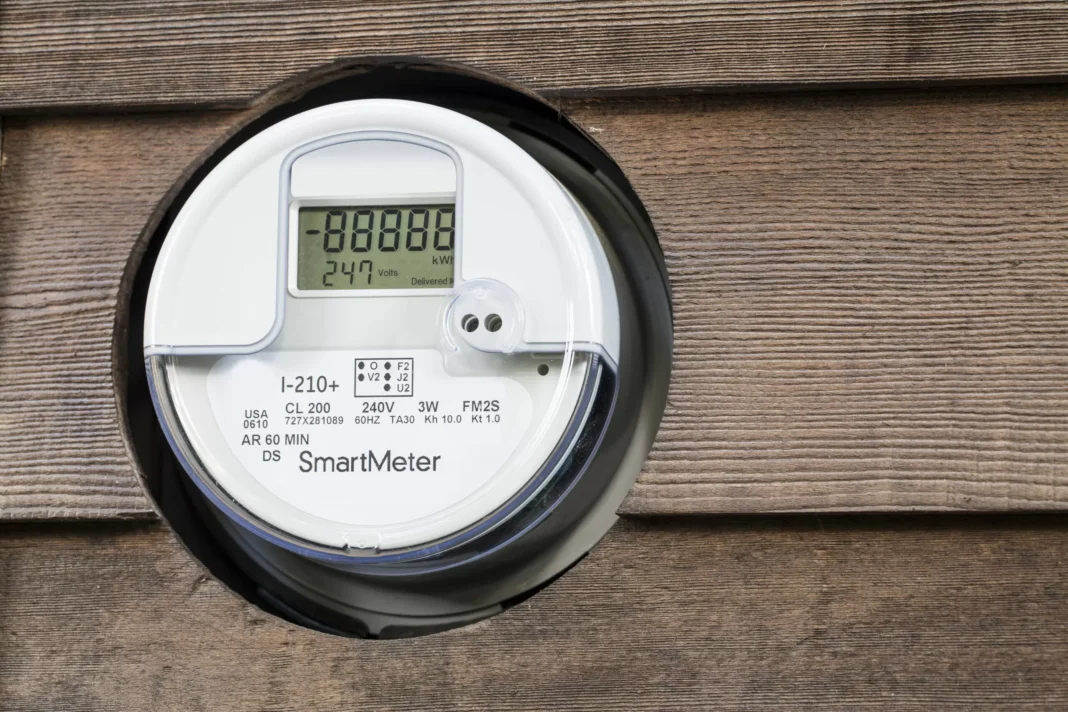Small businesses are the backbone of the UK economy, accounting for over 99% of all UK businesses. These small businesses play a vital role in creating jobs, driving innovation, and boosting the overall economy. However, running a small business can also come with its own set of challenges, such as managing expenses and keeping up with technology. Luckily, advancements in technology have opened up new opportunities for small businesses to operate more efficiently and stay competitive. One such advancement is the introduction of smart meters.
Smart meters are digital devices that measure and monitor energy consumption in real-time. They are a key part of the UK’s plan to create a more sustainable and energy-efficient future. While many households have already benefited from smart meters, small businesses can also reap the rewards of this innovative technology. In this article, we will explore the three biggest benefits of smart meters for small businesses in the UK.
1. Improved Energy Management
Energy costs can be a significant expense for small businesses, especially for those that rely heavily on equipment and appliances. This is where smart meters come in. These devices provide real-time information on energy consumption, allowing small business owners to monitor their energy usage more closely. By having access to accurate and up-to-date data, businesses can identify areas of high energy consumption and make changes to reduce their energy bills.
For example, a small retail store can use a smart meter to track its energy usage during peak hours, enabling them to reduce their energy usage during these times and ultimately save on their energy bills. This is especially useful for businesses that have irregular operating hours, such as restaurants or cafes. With smart meters, business owners can also set goals and targets for energy usage and monitor their progress in real-time.
2. Cost Savings
Smart meters not only help small businesses manage their energy usage more effectively, but they can also lead to significant cost savings. With real-time data on energy consumption, businesses can identify any inefficiencies or wastage and take steps to reduce it. This could include switching to more energy-efficient appliances or implementing energy-saving measures, such as turning off equipment when not in use.
Furthermore, smart meters also provide businesses with accurate and transparent energy billing. Gone are the days of estimated energy bills, which often led to overcharging. With smart meters, businesses only pay for the energy they actually use, eliminating any surprises or discrepancies in their energy bills. This can result in substantial cost savings for small businesses, allowing them to allocate those funds to other areas of their business.
3. Environmental Benefits
In today’s world, sustainability and reducing carbon footprint are becoming increasingly important for businesses. With smart meters, small businesses can play their part in creating a more sustainable future. By monitoring and reducing their energy usage, businesses can reduce their carbon emissions, contributing to the UK’s goal of reducing overall emissions.
Additionally, smart meters can also help businesses track their energy efficiency over time. By comparing data from previous months or years, businesses can see the impact of their energy-saving efforts and make adjustments as needed. This not only benefits the environment but can also improve a business’s reputation as consumers become more conscious of supporting sustainable businesses.
In conclusion, smart meters offer several benefits for small businesses in the UK. From improved energy management and cost savings to environmental benefits, these devices can help businesses become more efficient, sustainable, and competitive. As the use of smart meters becomes more widespread, it is essential for small businesses to embrace this technology and take advantage of its many benefits. So if you are a small business owner in the UK, consider investing in a smart meter and reap the rewards for your business and the environment.

